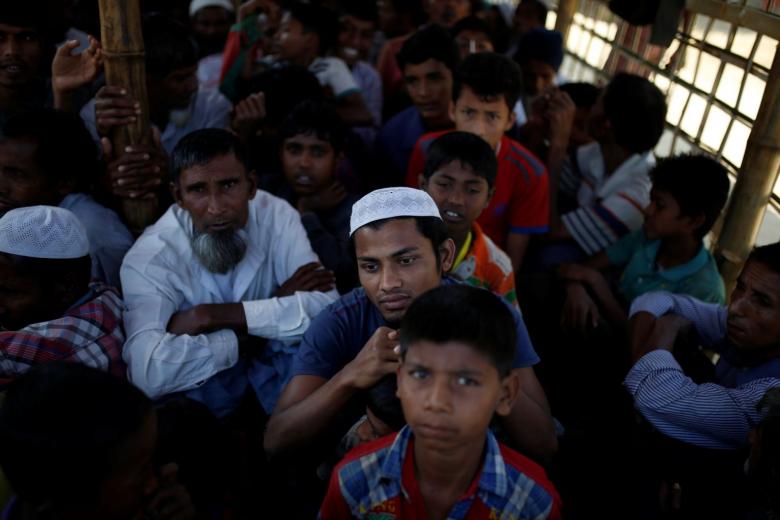GENEVA (Bernama) - The United Nations refugee agency Friday (Dec 15) expressed concern about the deteriorating environment in which Rohingya refugees are living, especially children, who make up 55 per cent of the Rohingya refugee population in Bangladesh, the Associated Press of Pakistan (APP) reported.
"UNHCR (Office of the UN High Commissioner for Refugees) is increasingly worried about the deterioration of the overall protection environment," the agency's spokesman Babar Baloch told the regular press briefing in Geneva, according to details received at UN Headquarters in New York.
In this environment, he explained, refugees face a multitude of protection risks. On Sunday, UNHCR would begin distributing clothing to recently-arrived Rohingya refugees in Bangladesh for cooler temperatures in the months ahead.
"Children, who are 55 per cent of the Rohingya refugee population, are particularly vulnerable. So are women, and they represent more than half of all refugees in Bangladesh. An estimated 10 per cent are either disabled, have serious medical conditions, or are older persons at risk," Mr Baloch said.
UNHCR has been working to bolster the quality of shelters in the camps by supplying higher quality materials as well as expanding technical support for construction and drainage.
Since the beginning of the crisis, UNHCR has organised 17 airlifts, sending more than US$9 million (S$12.1 million) in aid relief items. In the last month, the agency has distributed over 15,000 new shelter kits and more than 40,000 core relief items.
UNHCR also began distributing compressed rice husks for cooking fuel. This spares children from gathering firewood in adjacent forests, putting them at risk and degrading the environment by stripping woodland.
Meanwhile, in responding to a diphtheria outbreak in Cox's Bazar, UNHCR turned part of its Transit Centre in Kutupalong into a treatment and isolation facility in which patients are managed by Medecins Sans Frontieres (MSF), an international medical aid group.
Alongside the UN World Health Organisation and UN Children's Fund, UNHCR is also supporting the Bangladeshi health authorities' diphtheria vaccination campaign for all children under age six.
"We are procuring antibiotics to treat 8,000 people and training refugee volunteers to disseminate information on diphtheria, detect symptoms of the disease and direct patients to health facilities," Mr Baloch said.

